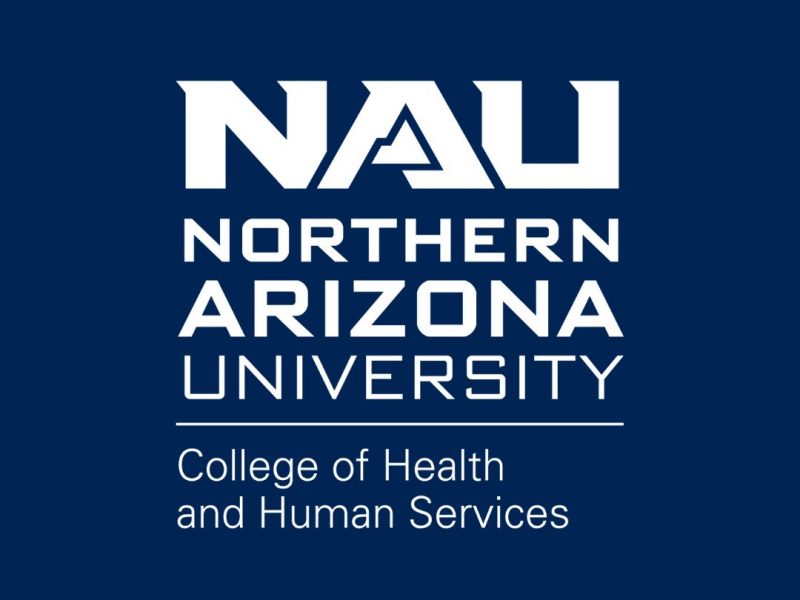Autism Support, Community, and Education in the Navajo Nation Receives $225,720 Mercy C.A.R.E.S. Community Reinvestment Grant to Support Parents Taking Action Program
(Flagstaff, Arizona – December 10, 2024) – Mercy C.A.R.E.S. has awarded Autism Support, Community, and Education in the Navajo Nation through the Diné Parents Taking Action Program (ASCEND) a 2024 Community Reinvestment Grant in the amount of $225,720. The grant funds, delivered via the Northern Arizona University Foundation, will advance equity in child and family mental health using the evidence-based parent education and training program—Parents Taking Action—with Navajo families seeking or who recently received an autism diagnosis for their child. The telehealth program supports families with children from underserved communities, specifically those living in and around the Navajo Nation, to improve access to needed services and support.
Parents Taking Action has been adapted and piloted with and for Navajo families of children with autism over the past five years. The overall findings support the feasibility and acceptability of the Parents Taking Action program for Navajo families. The program’s effectiveness was also demonstrated in the pilot, revealing promising outcomes for this upcoming trial. For example, participants had improved family outcomes in terms of better understanding their child’s needs and feeling equipped to advocate for their child after completing the program. “ASCEND will expand this formative work in partnership with Tuba City Regional Health Care, where the first autism diagnostic clinic on the reservation was launched with the Children’s Hospital of Philadelphia about six years ago,” said Olivia Lindly, PhD, MPH, assistant professor in Northern Arizona University’s Department of Health Sciences.
“The evidence-based parent education and training program has been culturally adapted through interviews with Navajo families that have a child on the spectrum and by involving a community advisory board of Navajo parents and local practitioners and scholars. It is delivered by Family Advisors who are trained parents or other caregivers who share the same cultural identity and have a child with autism. Prior to the start of the program, family advisors received 20 hours of training to prepare them to deliver the program effectively. “At the core of the program is a series of 12 lessons spanning topics from child development and autism, advocacy for school-based services, and parent stress and coping. These lessons are a part of a structured manual, developed by Dr. Sandy Magaña, and have been culturally tailored for Navajo families,” said Lindly. “To bolster this autism education and training, we are also facilitating monthly informational support group meetings at Tuba City Regional Health Care and offering families augmentative and alternative communication (AAC) devices to help them promote speech, language, and social communication with their child who has or is at risk for autism.”
In addition to Lindly, the ASCEND team includes Davis Henderson, associate professor in the Department of Communication Sciences and Disorders; Candi Running Bear, assistant professor in the Department of Early Childhood Education at Western New Mexico University; Brianna “Rae” Kirby, project coordinator at NAU; Ashley Johns, combined counseling and school psychology PhD student at NAU; and Rachel Whitman, master of public health in Indigenous health student at NAU. The project includes five Family Advisors and a community advisory board comprised of eight individuals who provide autism services or are parents of children with autism. At present, 23 Navajo caregivers have been enrolled in the program. The project has been approved by both the NAU Institutional Review Board and the Navajo Nation Human Research Review Board (#NNR 20-389T).
Mercy C.A.R.E.S., which stands for Community Action Resources Education and Service, is Mercy Care’s community giving initiative. Through grant funding, sponsorships, volunteer efforts, and board participation, Mercy C.A.R.E.S. supports AHCCCS’ Whole Person Care Initiative, which addresses social risk factors to improve health outcomes.
“Through their work, the Parents Taking Action project has become a shining example of culturally responsive research that seeks to understand and support the needs of underserved communities,” said Trisha Stuart, Mercy Care director of community relations.
About Mercy Care
Mercy Care is a not-for-profit Medicaid-managed care health plan, serving AHCCCS members in Arizona since 1985. Mercy Care is a local company sponsored by Dignity Health and Ascension Health. Mercy Care provides access to physical and behavioral health care services for Medicaid-eligible families, children, seniors, and individuals with developmental/cognitive disabilities. Learn more at Mercy Care.

